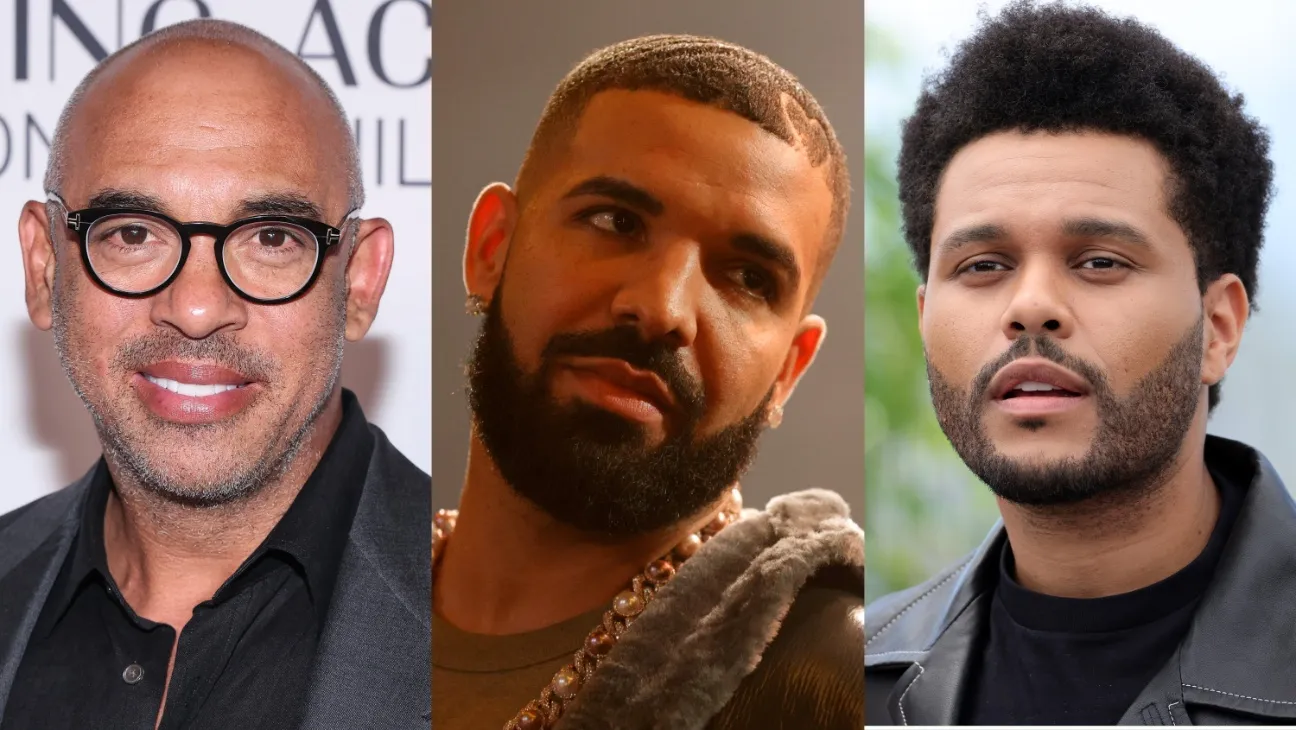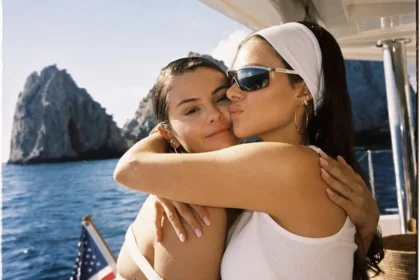The CEO of the Grammy Awards, Harvey Mason Jr., has addressed a recent controversy surrounding an AI-generated song titled “Heart on My Sleeve.” The song was attributed to popular artists Drake and The Weeknd, leading to debates about its eligibility for Grammy consideration.
The song in question, created by an anonymous producer known as Ghostwriter, utilized AI technology to replicate the vocal styles of Drake and The Weeknd. It was initially released on various music streaming platforms on April 4. However, it was swiftly subjected to copyright infringement claims from Universal Music Group, resulting in its removal.
Reports emerged that Ghostwriter had submitted “Heart on My Sleeve” for Grammy nominations in categories such as Best Rap Song and Song of the Year for the 2024 Grammy Awards. This development ignited discussions within the music industry and among fans regarding the eligibility of AI-generated music for Grammy recognition.
Harvey Mason Jr. responded to the controversy by providing clarification on the Grammy eligibility criteria. He explained that while the song was indeed created by a human, the vocals used in the track had not been legally obtained or cleared by the label or the artists involved. Furthermore, the song was not commercially available, rendering it ineligible for Grammy consideration.
Mason stressed the importance of adhering to the established Grammy rules and regulations, particularly in distinguishing between human and AI-generated music. He reiterated the Recording Academy’s commitment to supporting and advocating for human artists and creators in the music industry.
The controversy surrounding AI-generated music reflects the ongoing evolution of the music landscape, as technological advancements raise complex questions about creativity, copyright, and the recognition of music within the framework of traditional awards like the Grammys.




